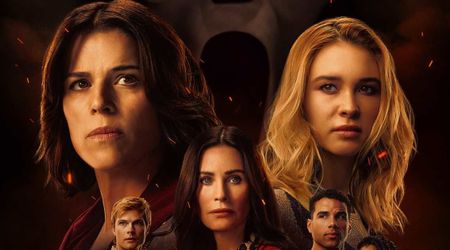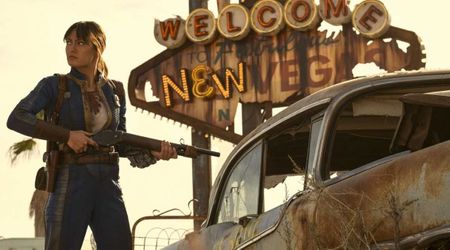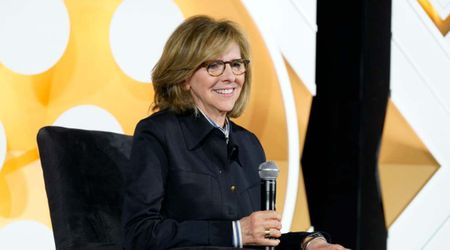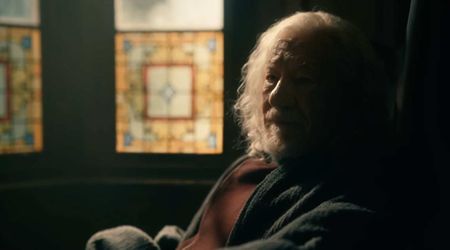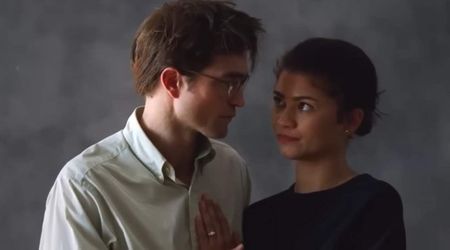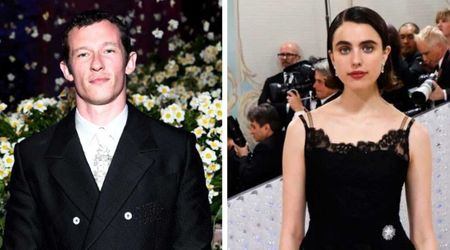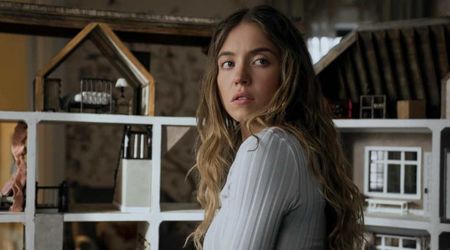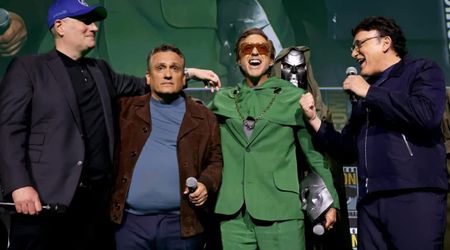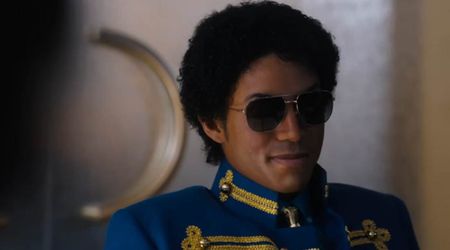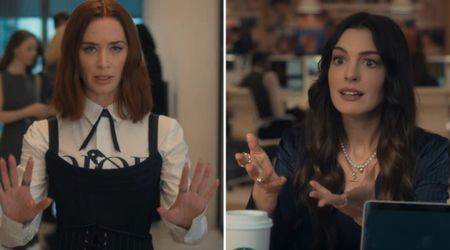'The Boys in the Band' Ending Explained: Why does Michael go to church and is his friend Alan actually gay?

Just before everyone starts arriving at his swish place in the Village, Michael (Jim Parsons) is equal parts anticipation and trepidation about having a "bunch of queens" over for Harold's (Zachary Quinto) birthday. By the end of the night, after his cruelly sadistic game has backfired on him, he is taking himself to church, right after Donald (Matt Bomer) tells him, "he will never change" and Harold has told him precisely what kind of gay man he is — one who doesn't want to be gay.
There is a complex mix of emotions we see swirling in Michael's head as he goes to midnight mass, leaving behind his apartment that has become a toxic space instead of the safe space it was meant to be. Ironically, it is him reacting to his straight-laced college buddy Alan that leads to the implosion that destroys what was meant to be a happy occasion, reflected in that impromptu dance on the terrace or that confetti-laden moment when Harold is shown his cake with a twirling miniature man in tights amid the candles. Those are the two moments in the film that are the purest celebrations of who they are.
Right from the start, however, we see Michael is not 100 percent OK with who he is, evinced by the anxiety he shows when Alan (Brian Hutchison), his straight-laced college buddy, says he wants to drop by after, uncharacteristically, crying on the phone. Donald even asks him, are you ashamed of us?
In Michael's compartmentalized life, there is space for straight-acting Alan but as a remote lunch appointment rather than his party for his gay friends. When Alan arrives unexpectedly, Michael is instantly ashamed of being caught dancing. After that, his friends, irritated by the fact that they have to dial down their behavior because of Alan, also keep revealing that they are gay in subtle ways — right from Emory (Robin de Jesús) camping it up to Larry (Andrew Rannells) telling Alan that Hank (Tuc Watkins) was his "roommate". At this point, Michael is secretly angry at his friends for not trying harder to disguise their 'gayness', especially at Emory.
Michael grows increasingly uncomfortable — afraid his friends will out themselves and in the process, out him as well, in front of Alan. Alan, however, is so clueless in a heterosexual sort of way with no gaydar to speak of, that he picks up on none of the 'gay' cues. He only recognizes broadly that Emory is a "pansy" because of his very obvious effeminate behavior. At the same time, he pronounces admiration for straight-passing Hank and Donald, who seem like his 'type' aka straight. Michael, who is protective of his friends, then starts getting mad at Alan for using words like "pansy" and his blatant homophobia.

Adding fuel to the fire growing within Michael is his 'knowledge' that Alan slept with a mutual friend in college, who told him about it — something we get to know later at the film's climactic confrontation scene between Michael and Alan. It is also something Alan completely denies happening when asked about it. But it is because of this previous 'confirmation', that Michael is sure that Alan is a closeted homosexual with internalized homophobia. However, at this point, Michael is more interested in getting Alan out of the apartment and his life.
But after Alan attacks Emory, all bets are off because Michael then wants to drag Alan into the same 'shame' shared by all of them — bring him down to their level, so to speak, by making him confess that he is attracted to men despite being married. He is on a righteous crusade to show him that the violence he unleashed against Emory is actually violence he wishes to unleash on himself for being gay.
At this point, his anxiety and nervousness of his two worlds colliding — one where he is gay and the other where he has not yet come out — causes him to project his own self-loathing around his sexual orientation on to Alan. Thus he stops Alan from leaving and forces everyone to play his sadistic party game, where they have to call up the one they "truly love", and tell them they love them, scoring them for how honest and open they are.
This is essentially also Michael's way of coming out to Alan, since he is tired of being ashamed and trying to assimilate whenever he is faced with straight society. But the phone-calling game backfires when Alan calls his wife, reasserting his heterosexuality, while Michael panics and breaks down since his 'secret' that he is gay is out to another bigger circle of acquaintances.
Harold accurately diagnoses Michael as a gay man who secretly wishes to be straight but knows that no matter what he does, he will always be "a homosexual". Harold's biting assessment finally leads to Michael's breakdown as he collapses in Donald's arms crying asking why they, as gay men, could not just love themselves more. But right after this, he reverts to his bitchy persona and Donald tells him, "you will never change". His words prove prophetic because instead of taking the evening's events as a breakthrough moment, Michael retreats back into his self-loathing, guilt, and shame (rather than self-love). He walks into church, despite being a semi-lapsed Catholic, to lean on religion as a crutch to deal with his guilt.
Alan, on the other hand, drinks alone to recover from the evening. The film never reveals whether Alan is gay or straight. But chances are that he had never thought of himself as gay before Michael's party and their mutual friend was lying when he said they had sex. However, his conflicted gaze at the bar shows that the party has been an information overload about a world he has always ignored and been disgusted by. Michael's party pops several assumptions he has about gay men — for instance, that only effeminate men are gay or that a gay man couldn't father children.
As he sits at the bar, it seems like he is rethinking his 'close friendships' with men and his admiration for them, trying to evaluate if what he feels is admiration or something more. With his ignorance dispelled, he might be in a better position to recognize whether he is actually gay.
'The Boys in the Band' premiered on Netflix on September 30.

